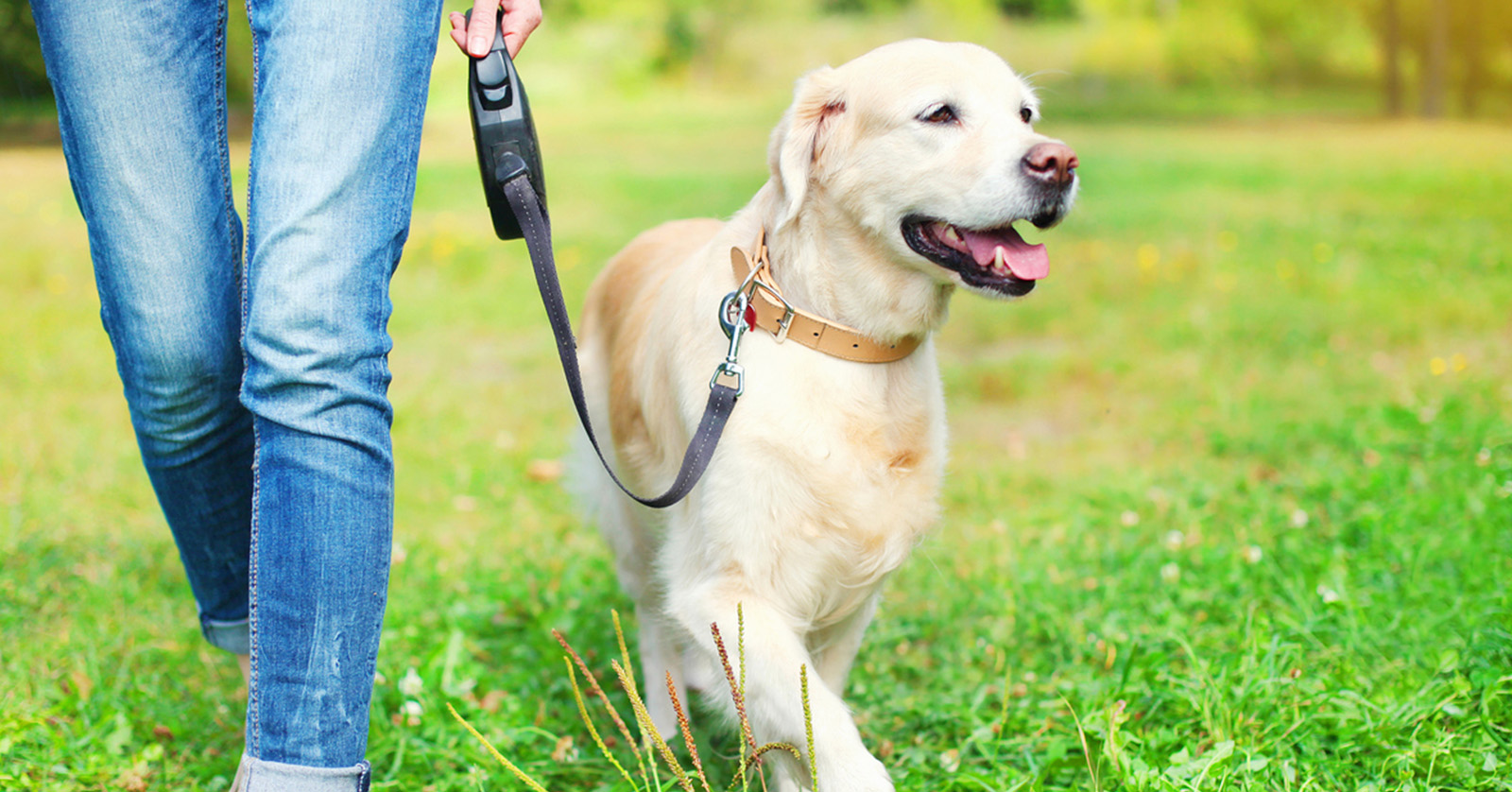
A strong emotional attachment to a pet—particularly a dog—could help ease depression and anxiety, especially among adults who were victims of childhood abuse, suggests a small study of older women funded by the National Institutes of Health. For all adults in the study, researchers found associations between high scores on questionnaires of pet attachment and lower scores on measures of depression and anxiety. Associations were strongest for adults who reported abuse as children. According to the researchers, the findings suggest that future research on the topic could yield new strategies for preventing and treating depression and anxiety in people who have experienced childhood abuse.
The study was conducted by Eva S. Schernhammer, M.D., DrPH, of Harvard Medical School, and colleagues. It appears in JAMA Network Open. Funding was provided by NIH’s Eunice Kennedy Shriver National Institute of Child Health and Human Development (NICHD), the National Cancer Institute, the National Heart, Lung, and Blood Institute, and the National Institute of Environmental Health Sciences.
Background
Among U.S. adults aged 45 years and older, women are more likely than men to report symptoms of depression and anxiety. Research is needed to identify risk factors for these conditions.
Previous research on whether pet ownership alleviates depression and anxiety has produced mixed results. The authors of the current study theorized that pet ownership may not directly influence depression and anxiety symptoms, but may exert its influence through the quality of attachments people feel for their pets.
Results
For the current study, the researchers analyzed data from a previous study. Of the 214 participants, 72.6 percent had a history of childhood physical and sexual abuse, known to increase the risk for depression and anxiety. The average age of participants was around 60 to 61 years old.
All responded to questionnaires assessing their symptoms for anxiety and depression. They also responded to a questionnaire on whether they owned a dog, cat, bird, or other animal. A total of 140 participants who had pets responded to another questionnaire that measured how attached they were to their pet. Of these, 78 owned dogs and 46 owned cats.
Overall, those who had a higher level of attachment to their pet scored lower on the measure for generalized anxiety (for example, concern about various aspects of life, such as job responsibilities or family health). Higher level of attachment to dogs was associated with lower scores in depression and generalized anxiety. The researchers found no association between cat attachment and depression or anxiety, although they noted that the number of cat owners in the study may not have been significant enough to detect an association.
All associations between attachment, depression, and anxiety were stronger in the group that had experienced childhood abuse.
Significance
The researchers theorized that, because victims of abuse often do not establish strong human attachments, they may have compensated by forming strong attachments to their pets. In turn, these attachments may protect against anxiety and depression.
Next Steps
The authors called for more research on pet attachment as a means to identify prevention and treatment strategies for depression and anxiety in people who have experienced childhood physical and sexual abuse.
Reference
Zebrowska, M, et al. Pet Attachment and Anxiety and Depression in Middle-Aged and Older Women. JAMA Network Open. 2024. doi:10.1001/jamanetworkopen.2024.24810

 BACK TO TOP
BACK TO TOP